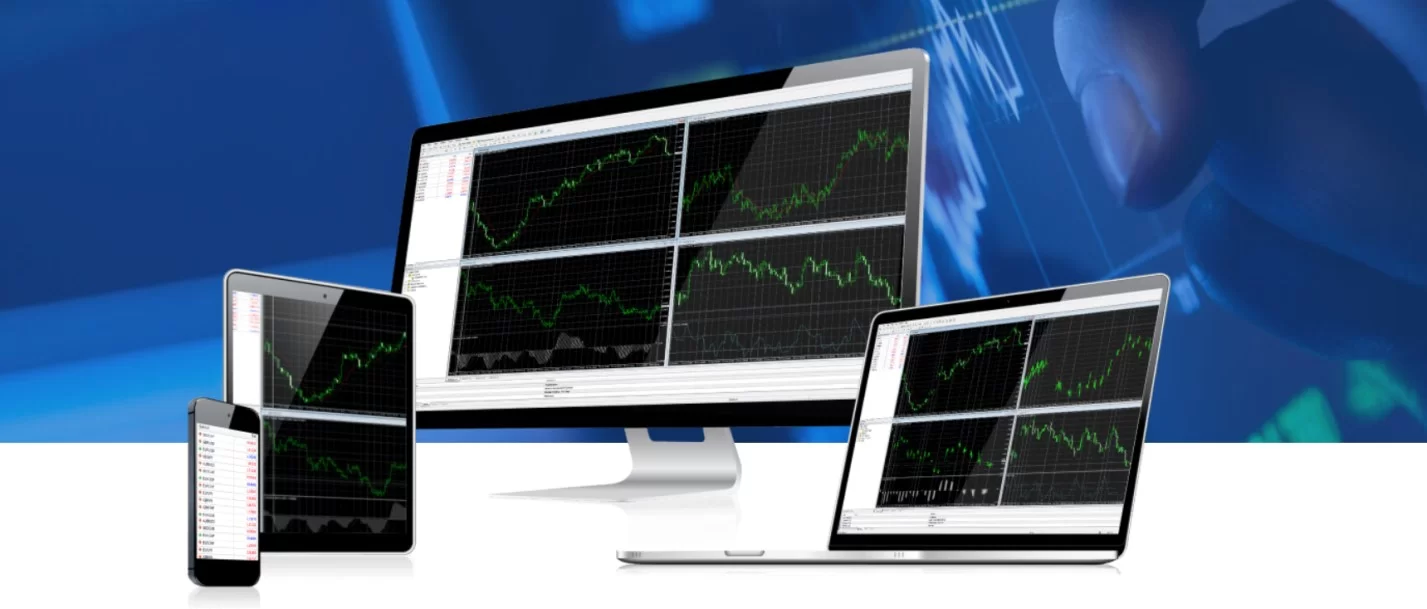
The foreign exchange (Forex) market is one of the most dynamic and lucrative financial markets in the world, with a daily trading volume exceeding $7.5 trillion. Despite its appeal, navigating the Forex market requires a strong foundation of knowledge, discipline, and strategic planning. This guide explores the essential components of forex trading education, highlighting key areas to focus on for aspiring traders.
Why Forex Education Matters
Entering the Forex market without proper education is akin to sailing uncharted waters without a compass. Statistics show that nearly 70% of retail Forex traders lose money in their first year due to a lack of understanding of market trends, risk management, and trading strategies. By investing time in education, traders can significantly increase their chances of success and longevity in this highly competitive market.
The Fundamentals Every Trader Should Know
1. Understanding Market Basics
Before placing trades, it’s crucial to grasp the basics:
• Currency Pairs: Learn the difference between major, minor, and exotic pairs.
• Market Hours: The Forex market operates 24/5, with different volatility levels across trading sessions like London, New York, and Asia.
• Bid and Ask Prices: Understand how these influence spreads and trading costs.
2. The Role of Technical Analysis
Technical analysis is the backbone of many trading strategies. Tools like candlestick charts, trendlines, and moving averages provide insights into price movement. Recognizing patterns helps traders anticipate future trends and make informed decisions.
3. Risk Management
Approximately 90% of failed trades are linked to poor risk management. Seasoned traders never risk more than 1-2% of their capital on a single trade. Stop-loss orders, position sizing, and diversification are critical tools to safeguard investments.
4. Psychology of Trading
Even with technical expertise, emotional decision-making can lead to losses. Building a trading plan and sticking to it—along with managing fear, greed, and overconfidence—is essential for long-term success.
Continuous Learning and Practice
Forex trading is an evolving field influenced by global economic events, geopolitical changes, and technological advancements. Staying updated with industry news, attending webinars, and practicing with demo accounts can maintain and enhance your skills.
Takeaway
A solid Forex trading education is the foundation for success. By mastering the basics, committing to continuous learning, and practicing disciplined trading, aspiring traders can confidently step into the vibrant world of Forex trading.
